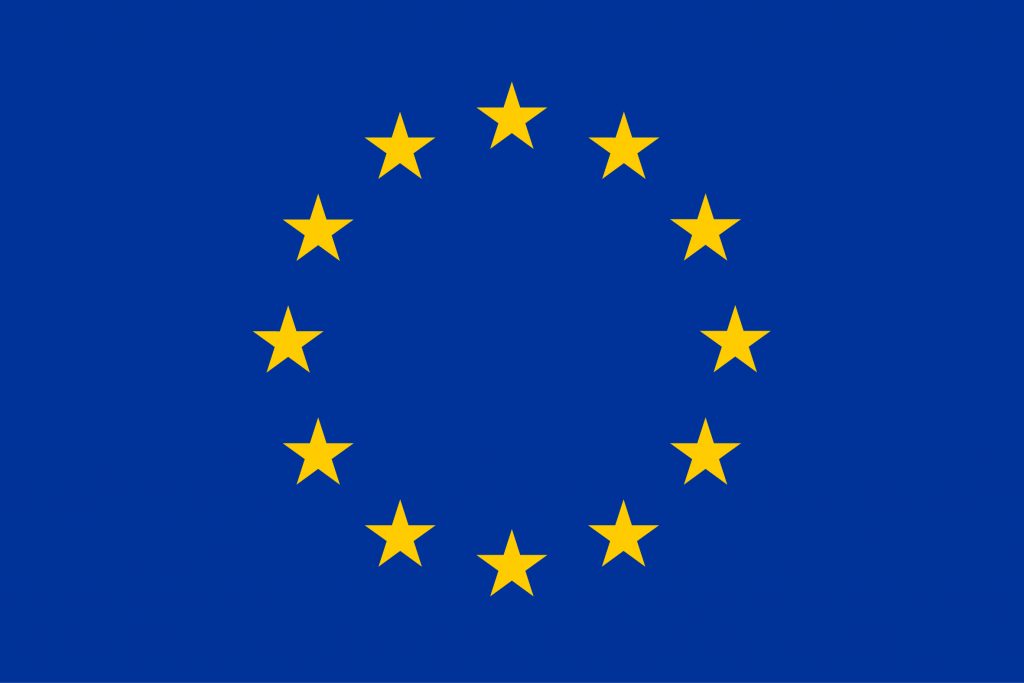
One way to enable a network of stakeholders and users for the engagement with INCULTUM and for a multiplier dissemination effect is to leverage on existing projects and inititiatives that deal with cultural tourism, in order to create an active and engaged community, where to share information about events of common interest and collaborate in different areas.
Several collaborations have been established both at local level and at international level with projects and organisations from all over the EU which participated in the INCULTUM initiatives. In addition to the references provided in this page, more collaborations have been established in the pilots with local administrations that are mentioned in the respective pilot pages.
The collaboration of INCULTUM are enlisted in alphabetical order.
Facebook page: https://www.facebook.com/acequiashistoricas/about_details?locale=es_ES
Acequias Históricas is the short name for Asociación de Comunidades de Regantes Históricas y Tradicionales de Andalucía – Association of Historical and Traditional Irrigation Communities of Andalusia.
This association was established in 2015, being the first in the Andalusian territory, created to claim the value of traditional irrigation and the irrigation communities that manage them.
The Association participates in the INCULTUM Pilot Desert landscapes and oasis.

Website: https://altiplanogranada.org/
The Rural Development Group Association of the Altiplano of Granada was established in 2000. The scope of action of the Association is the regions of Baza and Huéscar. The Association aims to serve as a nucleus of convergence and representation of all institutions, entities and agents, both public and private, interested in the comprehensive development of the municipalities that make up the area of action.
The Association participates in the INCULTUM Pilot Desert landscapes and oasis.

Website: www.arctur.si
Arctur is a Hi-Tech SME and the main private-owned supplier of HPC (High Performance Computing) services and solutions in CEE. The company has extensive experience in the deployment of complex IT systems for small and media enterprises (SME) in various sectors: from manufacturing to tourism and cultural heritage.
Arctur is also the leader of the international Tourism 4.0 initiative, dedicated to transforming tourism into the driver of the UN Sustainable Development Goals by use of the key enabling technologies from Industry 4.0.

Website: https://becultour.eu/ – FaceBook – Twitter – Instagram – LinkedIn
Be.CULTOUR stands for “Beyond CULtural TOURism: heritage innovation networks as drivers of Europeanisation towards a human-centred and circular tourism economy”. It expresses the goal to move beyond tourism through a longer-term human-centred development perspective, enhancing cultural heritage and landscape values. The overarching goal of Be.CULTOUR is to co-create and test sustainable human-centred innovations for circular cultural tourism through collaborative innovation networks/methodologies and improved investments strategies. Targeting deprived, remote, peripheral or deindustrialised areas and cultural landscapes as well as over-exploited areas, local Heritage innovation networks will co-develop a long-term heritage-led development project in the areas involved enhancing inclusive economic growth, communities’ wellbeing and resilience, nature regeneration as well as effective cooperation at cross-border, regional and local level.

Website: https://www.ceied.ulusofona.pt/en/
The Interdisciplinary Research Center for Education and Development (CeiED) is a leading research and development unit in the fields of Education, Training, and Museology within the Lusófona Group. It is hosted by Lusófona University and founded by the Cooperativa de Formação e Animação Cultural (COFAC). The center brings together researchers from various areas within the Social and Human Sciences and Education who share a common goal: to advance knowledge towards Human Development. CeiED focuses on three fundamental dimensions of economic, social, and territorial cohesion: Education, Memory, and Territory, which include the fight against inequalities, respect for differences, and the recognition of the equal dignity of the human condition.

Website: https://www.ces.uc.pt/en/home
The Centre for Social Studies of the University of Coimbra is a scientific institution focused on research and advanced training within the Social Sciences and the Humanities, through an inter and transdisciplinary approach. The Ministry of Science granted CES the status of Associated Laboratory in 2002, recognizing its contribution to public policies, advanced training and the dissemination and sharing of knowledge. Since its foundation, in 1978, CES has been conducting research with and for an inclusive, innovative and reflexive society by promoting creative critical approaches in the face of some of the most urging challenges of contemporary societies. CES has over 800 people, including Researchers, Post-Doctoral Researchers, Doctoral Students, Junior Researchers and Staff.
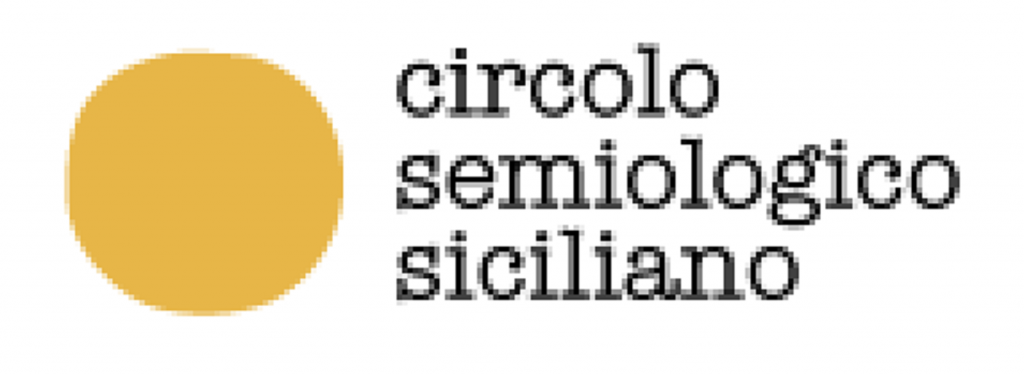
Website: https://www.circolosemiologicosiciliano.it/
Circolo Semiologico Siciliano is a non-profit cultural association that promotes the research and the dissemination of semiotic methodologies, facilitating the meeting of studies, operating in diverse sectors. The statutory activities are planned for the organization of meetings, seminars, conferences, and publications. The association owns and manages a library named to Paolo Fabbri and participates in local and international initiatives.
Circolo Semiologico Siciliano participates in the INCULTUM Pilot Monti di Trapani.

Website: www.citizenheritage.eu
CitizenHeritage is an Erasmus+ project aiming at enabling citizen participation in cultural heritage, with a particular focus on citizen science and education. It will explore the degree to which Citizen Science can be an element to stimulate sustainability by promoting social ownership of cultural heritage knowledge. To do so, this project proposes the conceptualization of cultural heritage activities engagement as a cultural common in which value is created by social engagement between Higher Education Institutions, Cultural Heritage Institutions and citizens at large. The project will also examine the conditions under which Citizen Science makes both socially and economically sustainable contributions.
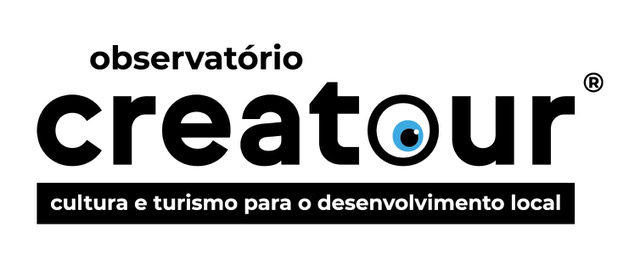
Website: https://ces.uc.pt/observatorios/creatour/
The CREATOUR Observatory – Observatory on culture and tourism for local development focuses on 3 thematic fields: 1) Ecologies of Culture and Creativity; 2) Cultural, Creative and Regenerative Tourism; and 3) Local, Regional and Community Development, adopting a transdisciplinary perspective and critical reflection. Focusing on extra-metropolitan areas of Portugal, the Observatory is an intersectoral platform that brings together researchers and professionals from the cultural/creative and tourism sectors, in a logic of training, evaluation and co-production of knowledge with practitioners and public decision-makers. The Observatory also serves as the hub of an emerging international network – CREATOUR International.

Website: https://www.culturaldetour.eu/en
The CulturalDeTour project aims to use design-driven innovation and sustainability integration to boost collaboration and entrepreneurship in the cultural tourism sector, and create a strong cross-sectoral and cross-national innovation network.
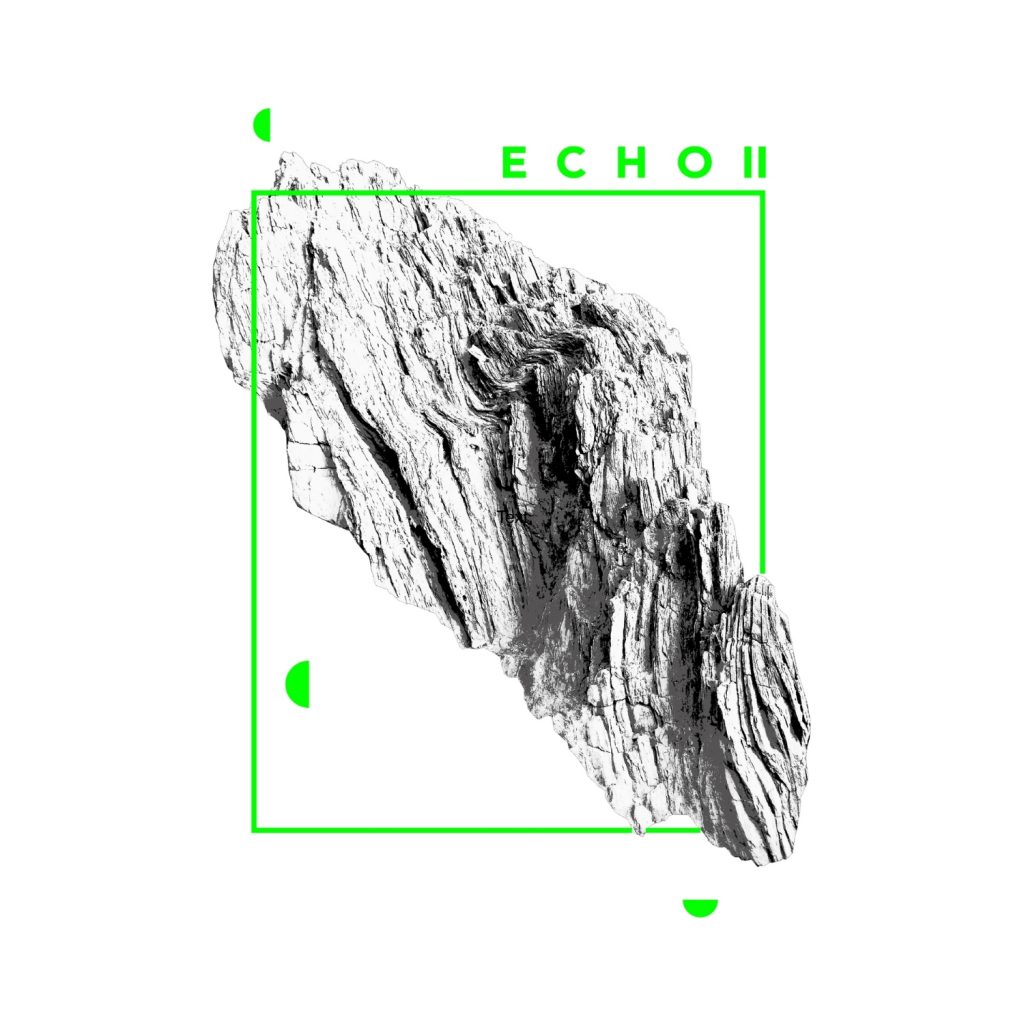
Website: https://echo-heritage.eu/
ECHO II: Traditions in Transition (September 2020 – June 2022) is a European cultural project inviting artists who work in the fields of painting, sculpture, graphic design, fashion design, craftwork and mural to create original artworks inspired by selected local traditions of North Macedonia, Bulgaria, Greece and Hungary. #ECHOII #TraditionsInTransition #EuropeForCulture
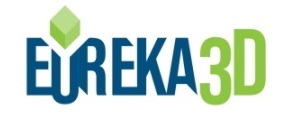
Website: https://eureka3d.eu/ – Twitter: https://twitter.com/@eureka_3d
The project aims to support the digital transformation of the cultural heritage sector, by offering capacity building and training, and new services, to Cultural Heritage Institutions facing the challenge of advancing in the digitization effort, especially in 3D digitization, access, storage, sharing. The project offers a knowledge sharing programme, next to services and resources developed in a piloting action based on smart technical infrastructures and tools, also registered on the European Open Science Cloud (EOSC). The EUreka3D outcomes apply to the re-use of digital cultural contents also in the ambit of cultural tourism promotion.

Website: https://www.fondazionecampus.it/
Fondazione Campus hosts a Study and Research Centre, focusing on the varied disciplines and problems in the field of tourism, to promote a more civilised, modern and advanced approach, in addition to its training and education vocation. A wealth of activities is held together by a simple basic design: it is the formula of the university campus which places the students at its centre, caring and nurturing them, be they young people enroled on a degree course or professionals and managers studying at one of the Schools.
Fondazione Campus participates in the INCULTUM Pilot Hamlet of Tuscan-Emilian Apennine: San Pellegrino in Alpe.

Website: https://galvalledelbelice.it/
GAL Valle del Belice has been founded in 2016 as a not-for-profit consortium participated by public and private organisations. It works on a territory made of 12 municipalities belonging to 2 provinces of the Western Sicily. Its strategy develops around 3 vectors: development and innovation of the local productive sectors, valuing cultural and artistic heritage, sustainable tourism.
GAL Valle del Belice participates in the INCULTUM Pilot Monti di Trapani.

Website: https://www.geoparkoehavet.com/
Geopark The South Fyn Archipelago in Denmark covers a large area of both land and water with many local stories. It is not, as one might expect, a park with one entrance. The Geopark encompasses 2,733 km2, including 1,304 km2 of sea territory and has a total coastline of 551 km. The South Fyn Archipelago comprises more than 55 larger and smaller islands and is a designated Geosite of outstanding international scientific and geological value.
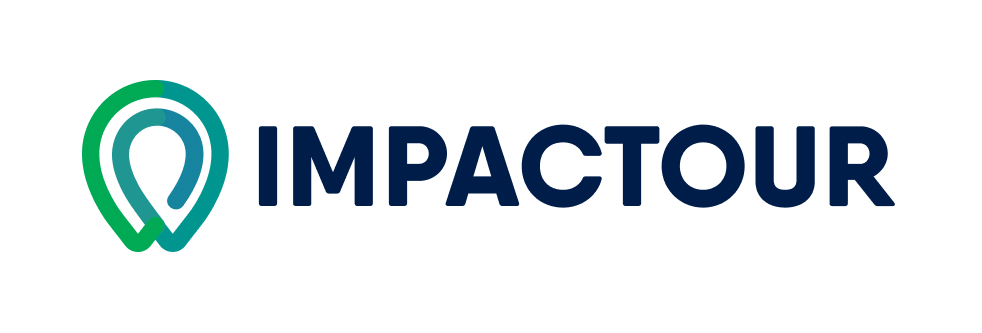
Website: https://www.impactour.eu – FaceBook – Twitter – LinkedIn group
IMPACTOUR Community sign-up page (All Welcome!): https://www.impactour.eu/user/register
The main ambition of the IMPACTOUR project is to create an innovative and easy-to-use methodology and tool to measure and assess the impact of Cultural Tourism (CT) on European economic and social development and to improve Europe’s policies and practices on CT, strengthening its role as a sustainable driving force in the growth and economic development of European regions. The project has received funding from the European Commission EU Horizon 2020 Research and Innovation Programme.

Website: https://insituculture.eu/
IN SITU is a four-year project that combines research and experimental actions to advance the innovation-related practices, capacities, and potential of cultural and creative industries based in non-urban areas of the EU countries.

Webpage: https://www.photoconsortium.net/educationalportal/i2-identity-and-innovation/
The scope of the project is developing a participative trajectory between different actors in the sector of school education and cultural heritage. The idea is to create an integrated vision and creative solutions for a future-oriented innovation in European education, enforcing at the same time its roots and making visible its identity. At the very basis of the project’s concept, there are two core challenges: enhancing the historic value of educational heritage and creating innovative surroundings and practices for schools. A programme of round tables and teaching/learning activities engaging students will enable development of best practices, exchange of knowledge and ideas, capacity building in digital skills for teachers.
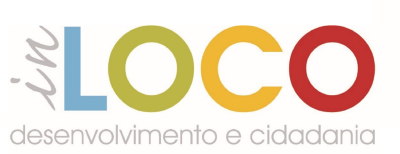
Website: http://in-loco.pt/
IN LOCO Association aims to promote local-based development with a view to improving the quality of life in its multiple dimensions, also seeing local development as a process of permanent education and civic and solidary participation. As an Associated Partner, IN LOCO collaborates with the University of Algarve in all phases of the INCULTUM project, with a special focus on the Pilot Project of the Campinas of Olhão-Faro and Loulé and on stimulating the participation of stakeholders in the governance and sustainability model to be used.

Website: https://archive.mpo-bourgogne.org/index.php/2018/10/23/la-maison-du-patrimoine-oral-de-bourgogne/
Established in 2008, the Maison du patrimoine Oral de Bourgogne is a regional centre that gather resources about the immaterial cultural heritage of the region. It is a space that gathers resources and offers collaboration beyond the academic research, to experiment different forms of transmission of popular cultures.
La Maison du Patrimone Oral de Bourgogne participates in the INCULTUM Pilot Ancient paths into the future: Bibracte-Morvan

The P2P Lab is an interdisciplinary research collective focused on the commons. It designs and implements projects using participatory and community-based methods and practices. We forward research and knowledge through the creation of spaces for creative resistance and commons-based alternatives.
P2P Lab participates in the INCULTUM Pilot Aoos Valley

Website: https://photoconsortium.net/pagode/
An innovative project co-financed by the European Union under the CEF Connecting Europe Facility Programme that contributed to generating rich user experience and high audience engagement with Europeana, the European digital library. PAGODE also supports Cultural Heritage Institutions by proposing a holistic approach in the aggregation, curation, presentation and re-use of Chinese cultural heritage preserved in Europe.

Website: https://www.parcodisegesta.com/home
Parco di Segesta is one of the archaeological parks of the Sicily Region. The park manages the cultural activities connected with the visit and the valuing of the site of Segesta that is located in the province of Trapani, in the Western part of the island.
Parco di Segesta participates in the INCULTUM Pilot Monti di Trapani.

Pasos is a group of professionals who dream of a free, fair and autonomous society, which has an equitable distribution of power and lives in healthy coexistence between people, with other living beings, and with the web of life.
Pasos participates in the INCULTUM Pilot Desert landscapes and oasis.

Website: www.photoconsortium.net
PHOTOCONSORTIUM – International Consortium for Photographic Heritage is a non for profit association devoted to the promotion and enhancement of the culture of photography and photographic heritage, and is committed in the areas of digital cultural heritage, access and reuse of cultural content, citizens’ engagement and education. PHOTOCONSORTIUM participates, and promotes the participation of its members, in projects and initiatives, including but not limited to participation in the Programmes of the European Commission, and organizes photographic exhibitions, co-creation and participative events, seminars and conferences, and training courses. PHOTOCONSORTIUM is also the expert hub on photography for Europeana.eu, the Europeana digital gateway to cultural heritage, and operates as accredited aggregator for photographic collections, supporting public and private photographic archives in making their collections available in Europeana.

Website: http://www.postscriptum.gr/en/
PostScriptum is specialized in the support to digital transformation processes of Cultural Heritage Institutions, in particular by offering consultancy and deployment of software services related to Digital Heritage, including Collection Management Systems as well as web presence and new channels of communication for Museums and other organisations in the sector of culture, community engagement and tourism.
PostScriptum is currently a partner of the project ECHO II: Traditions in Transitions which aims at tightening and promoting the link between artistic creation and local traditions, enabling contemporary artistic creation based on cultural elements from different European communities.

Website: https://retemusealebelicina.it/
Rete Museale e Naturale Belicina is the network of of public administrations and cultural organisations committed to value the cultural, artistic and natural values of the Valley of the river Belice, in the Western Sicily, including Municipalities, Museums, Associations, Foundations and the Regional government.
Rete Museale e Naturale Belicina participates in the INCULTUM Pilot Monti di Trapani.
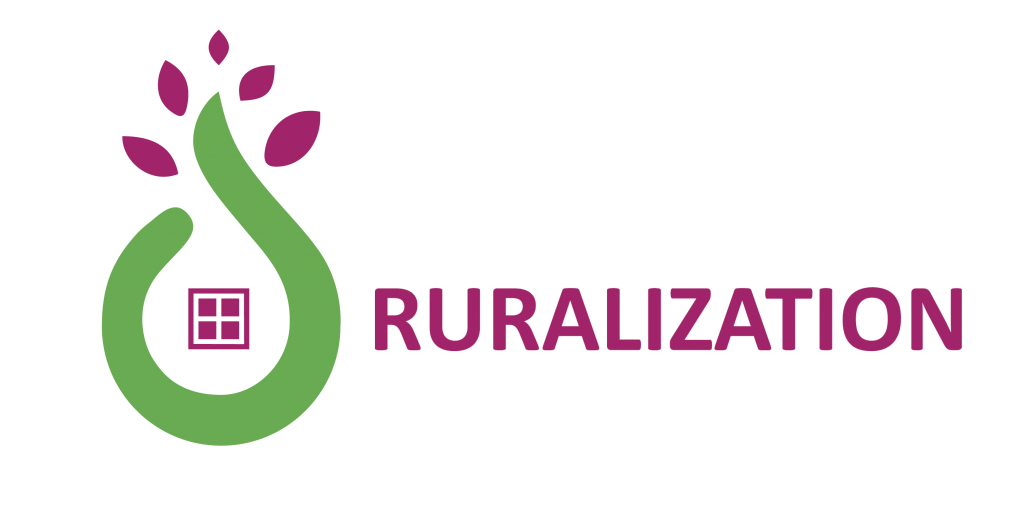
Website: https://ruralization.eu/ – Facebook – Twitter – Instagram – YouTube
Forward-looking policies fulfilling the ‘future dreams’ of new rural generations
The EU-funded RURALISATION project has identified a series of ‘innovation stories’ to better understand the problems associated with rural living, the importance of sustainable and inclusive farming practices, and how new thinking (dream scenarios, foresight activities) can help to transform rural communities. The ultimate aim? To open up ‘rural areas to renew rural generations, jobs and farms’. RURALISATION is working on a series of actions to support this objective with ambitious new approaches and clear options for policymakers in different contexts. These are backed by novel research methods and practical tools to create what the project calls a ‘new rural frontier offering new generations stimulating opportunities for economic and social sustainability within a rural context

Website: https://rurallure.eu/ – Facebook, Instagram, LinkedIn, YouTube, Twitter
The rurAllure project is focused on the promotion of cultural heritage in rural areas along the historical pilgrimage routes. Providing pilgrims with digital tools, the project encourages them to visit lesser-known areas and discover hidden heritage sites without making major changes to the itinerary. Rural museums and heritage sites thus add much content and value to the pilgrimage experiences, at the same time generating tourism and economic activity in local environment. The project operates along the historic itineraries in four pilot areas, each linked to a specific theme and type of heritage: Santiago de Compostela (literary heritage), Ways to Rome (thermal heritage along Via Francigena, Via Romea Germanica and Via Romea Strata), St. Olav Ways (ethnographic heritage) and Way of Mary (natural heritage).

Website: https://www.ruritage.eu/
RURITAGE is a four-year-long EU-funded research project, initiated June 2018, which strives to enable rural regeneration through heritage. The project aims to sustainably enhance local heritage for regional and community development. The intention is to regenerate rural areas with the help of the Systemic Innovation Areas (SIA) framework which identifies unique heritage potential within rural communities. The recognised SIAs are Pilgrimage, Resilience, Sustainable Local Food Production, Integrated Landscape Management, Migration and Art and Festivals.
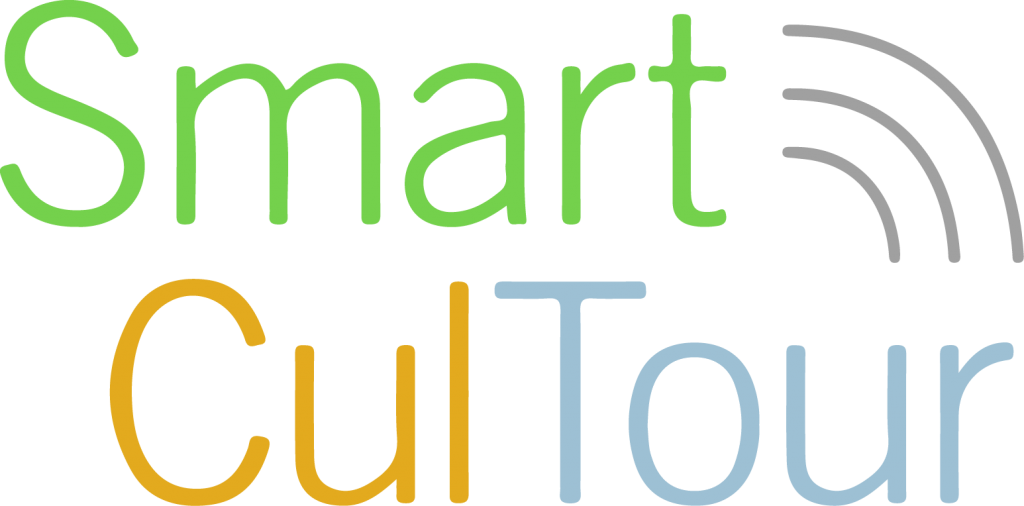
Website: http://www.smartcultour.eu/ – Facebook – Linkedin – Twitter – Instagram – YouTube
SmartCulTour supports regional development in all European regions with important tangible and intangible cultural assets, particularly those located in rural peripheries and the urban fringe, through sustainable cultural tourism. SmartCulTour redefines cultural tourism through a contemporary lens and provides a comprehensive measurement framework for supply, demand and impacts. The project contributes to theory development, empirical validation of best practices within a living labs setting, and procedural development, particularly by providing European regions with a set of strategies to optimally engage with stakeholders and co-create sustainable cultural tourism experiences.

Website: http://www.spotprojecth2020.eu/ – SPOTprojectH2020 | Facebook – Twitter
The EU-funded SPOT project aims to develop a new approach to understanding and addressing cultural tourism and to promote the development of disadvantaged areas. Specifically, it will identify different layers of data and capitalise on existing practice. It will explore emerging forms of cultural tourism, identifying opportunities and developing strategies to allow local people to gain benefit from their precious cultural assets. SPOT will engage academics and stakeholders in the development of policy proposals and generalise lessons learnt through an Innovation Tool to assist policymakers and practitioners.

Social Innovation and TEchnologies for sustainable growth through participative cultural TOURism
Website: https://textour-project.eu/about/ – LinkedIn – Facebook – Twitter – Youtube channel
TExTOUR is an EU-funded project which co-designs pioneering and sustainable cultural tourism strategies and policies. The ultimate goal is to improve deprived areas in Europe and beyond. To do this, it sets up Cultural Tourism Labs at eight pilots located within the EU and outside it. Various societal players and stakeholders in the Cultural Tourism sector will be involved in the Cultural Tourism Labs. The selected pilots have diverse and complementary characteristics, which enables the project’s experts to develop a wide range of scenarios for inland and coastal areas, rural and urban, deprived remote or peripheral areas, facing multiple social, economic and environmental challenges.
Are you a policy maker, practitioner or part of a local community? Via the TExTOUR open access platform, we will share with you our knowledge gained as the project unfolds so that you can benefit directly

Website: https://tourism4-0.org/
The quest of the Tourism 4.0 initiative is to unlock the innovation potential by enabling collaboration between all stakeholders of the smart tourism ecosystem to co-create enriched experiences with the help of the key enabling technologies from Industry 4.0.

Website: www.t4bs.eu / Social media: FB – Twitter – LinkedIn
Tourism 4.0 for the Black Sea project aims to demonstrate the potential of Data Analytics for tourism development in the area of Black Sea. This will enable local stakeholders from public and private sector in tourism to increase their understanding of current trends, patterns of tourist flows and impact of visitors as well as predict the tourist impact for taking strategic data driven decisions to foster more sustainable tourism in the future. For this reason, collaboration of all stakeholders of tourism ecosystem as well as exchange of data between them will be promoted to spur innovative touristic services and policies tailored to the regional challenges and opportunities.

Website: https://uncharted-culture.eu/
UNCHARTED project studies the emergence of values connected with culture, their configuration and the political impulse that these values could deliver to the society. It also focuses on the valuation practices of the actors involved in cultural life, especially in the areas of cultural participation, cultural production and heritage, and cultural administration. From a European perspective culture has a very strong economic impact as it generates a high volume of employment, but it is also a powerful resource for fighting the main threats that undermine the peaceful coexistence in Europe. In this light, it is worth that cultural policies take into account the strategic plural values of culture. These are currently fundamental challenges for Europe and the main areas in which the project plans to leave its contribution by developing new tools and guidelines for understanding, calibrating and managing the plurality of values of culture.
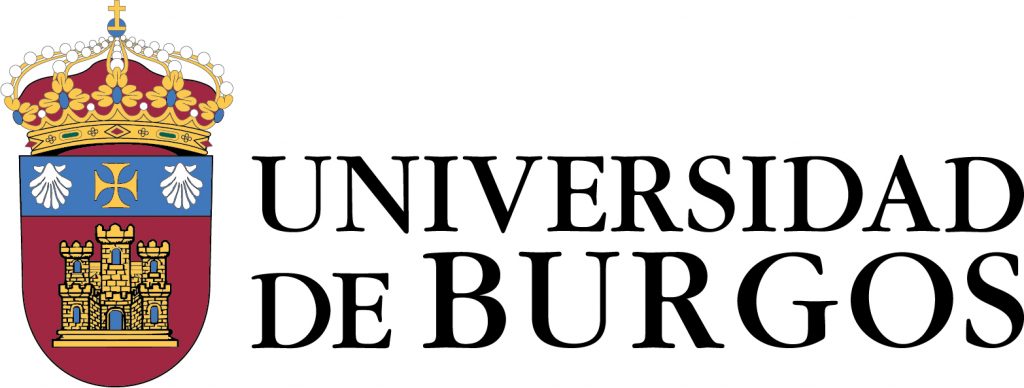
Website: www.ubu.es – Instagram: @universidadburgos
The Universidad de Burgos (UBU) was created on 1994 in Burgos (Spain). Currently counts with 992 researchers, 426 administrative staff and around 7000 students. It is a public university which develops its mission with a comprehensive and quality education, close to the student, focused on internationalization and which, in only 25 years, has become a reference in Spanish university research and in the transfer of knowledge towards business. The University of Burgos is located within the Campus of San Amaro, which boasts an extremely fine historic and artistic enclave: the Hospital del Rey. A former hospital for pilgrims of the Road to Santiago founded in 1195 by Alfonso VII is the focus of cultural tourism research at the University of Burgos.

Website: www.weave-culture.eu
WEAVE – Widen European Access to cultural communities Via Europeana developed a framework to link the tangible and intangible heritage of cultural communities, safeguarding the rich and invaluable cultural heritage which they represent. In particular, the project aggregated over 5,000 new high-quality records to Europeana and carried out several capacity building activities to develop a closer connection between cultural heritage institutions, minority cultural communities and Europeana.




